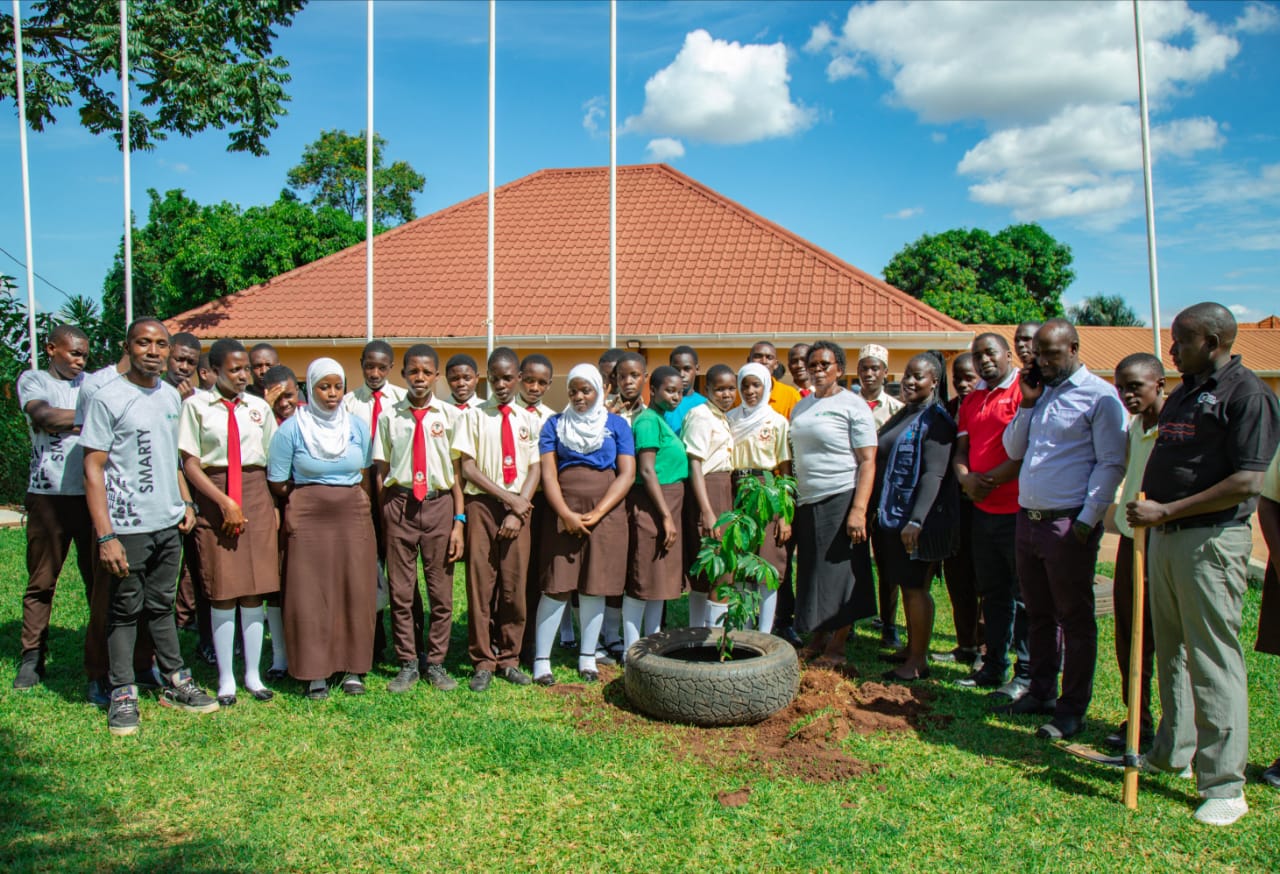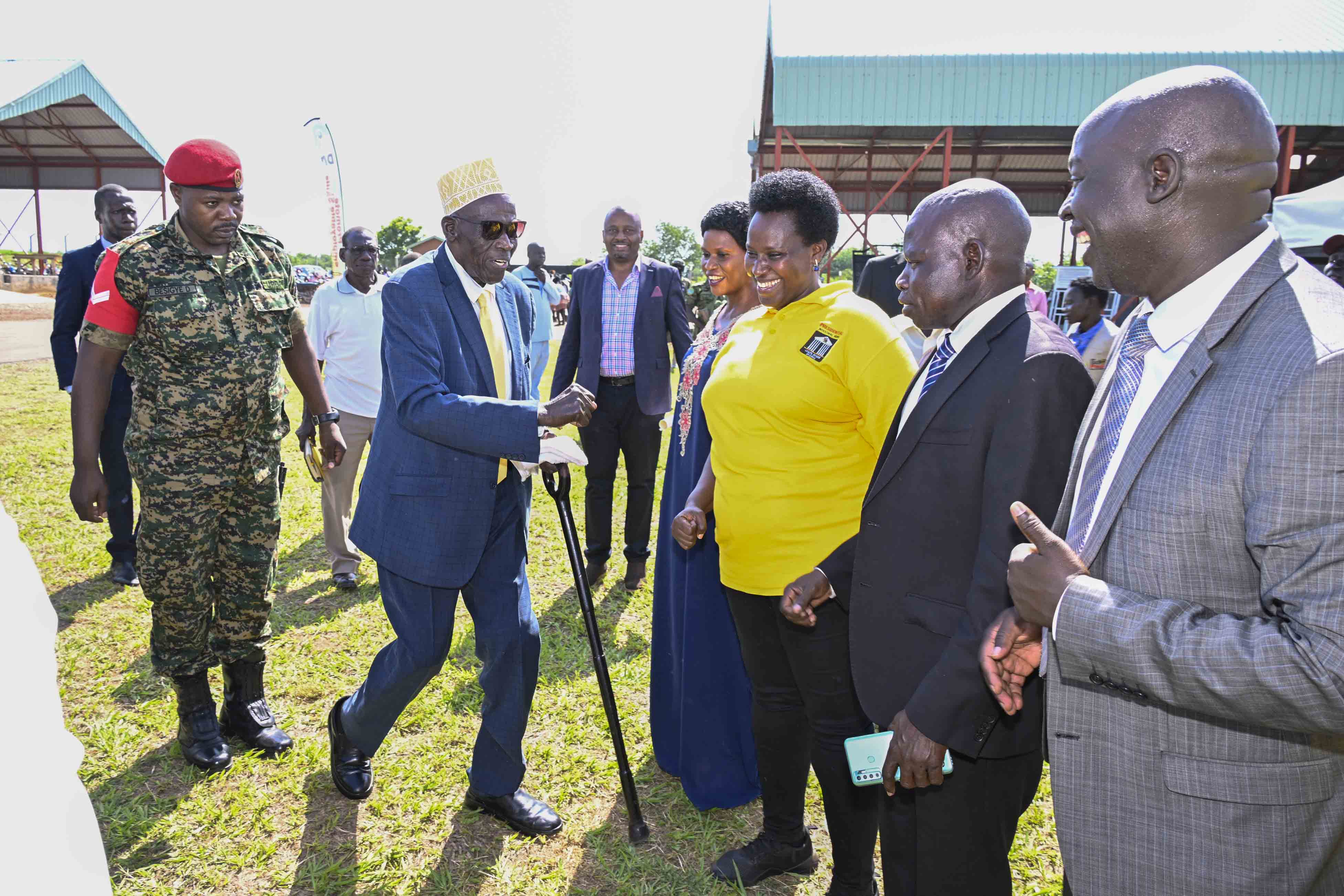Uganda to launch five year cancer-control plan
The Uganda Cancer Society (UCS) is drafting a national five year cancer control plan that will run 2020 to 2025. Under the plan, UCS intends to harness the abilities of cancer survivors to create awareness about the affliction. The campaign will demystify myths and misconceptions about
Cancer survivors are especially crucial to the campaign as they have been key drivers in helping reduce the cancer burden in Uganda.
Keep Reading
Under the same plan, the country will build the capacity for health workers to deal with cancer and related illnesses. So far the country has trained 524 health workers nationally to screen and diagnose cancer.
The plan will also provide strategies for the different pillars for cancer control which include cancer screening, detection, treatment and palliative care for those whose cancer is in advanced stages.
Uganda also plans to build regional cancer treatment centres in all parts of the country to ease access to treatment and reduce cancer treatment costs. Mbarara and Gulu regional cancer treatment centres are already operational. Land to build more centres has already been secured in Gulu and Busoga region.
The Uganda National Cancer Control Plan is expected to be complete by June this year and to be prioritized in the next financial year.
The Uganda Cancer Society falls under the Uganda Cancer Institute.
Oncologist Noleb Mugisha said this plan will go a long way in help to reduce mortality and morbidity due to cancer.
According to the World Health Organization Cancer registry of 2018, Africa loses more than $2.4 trillion from its gross domestic product value due to its disease burden every year.
Countries like Uganda have reported an increase in cancer cases with more than half, some 693,487 people, losing their lives that year.
Contrary to popular belief, Dr Mugisha said that cancer affects poor people more than the rich. The common misconception is that cancer is a disease that most affects the rich.
Dr Mugisha explained that while the rich are exposed to more information, lack of information and access to medical care means the poor die from cancer faster.
He went on to say that the poor are not able to prevent cancer, available vaccines are expensive since one has to either foot costs for the vaccines or at least transport costs.
Edited by David Tumusiime













